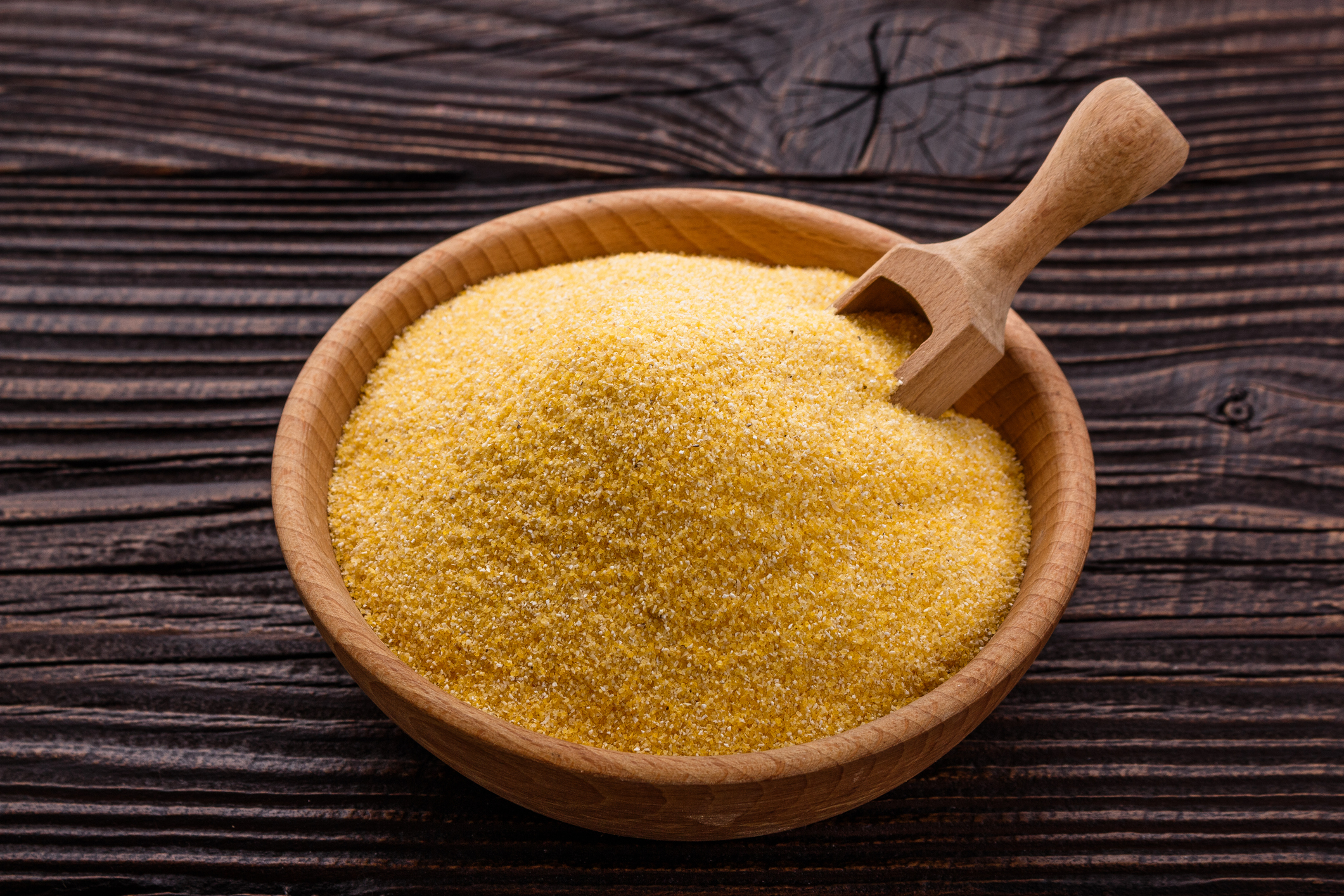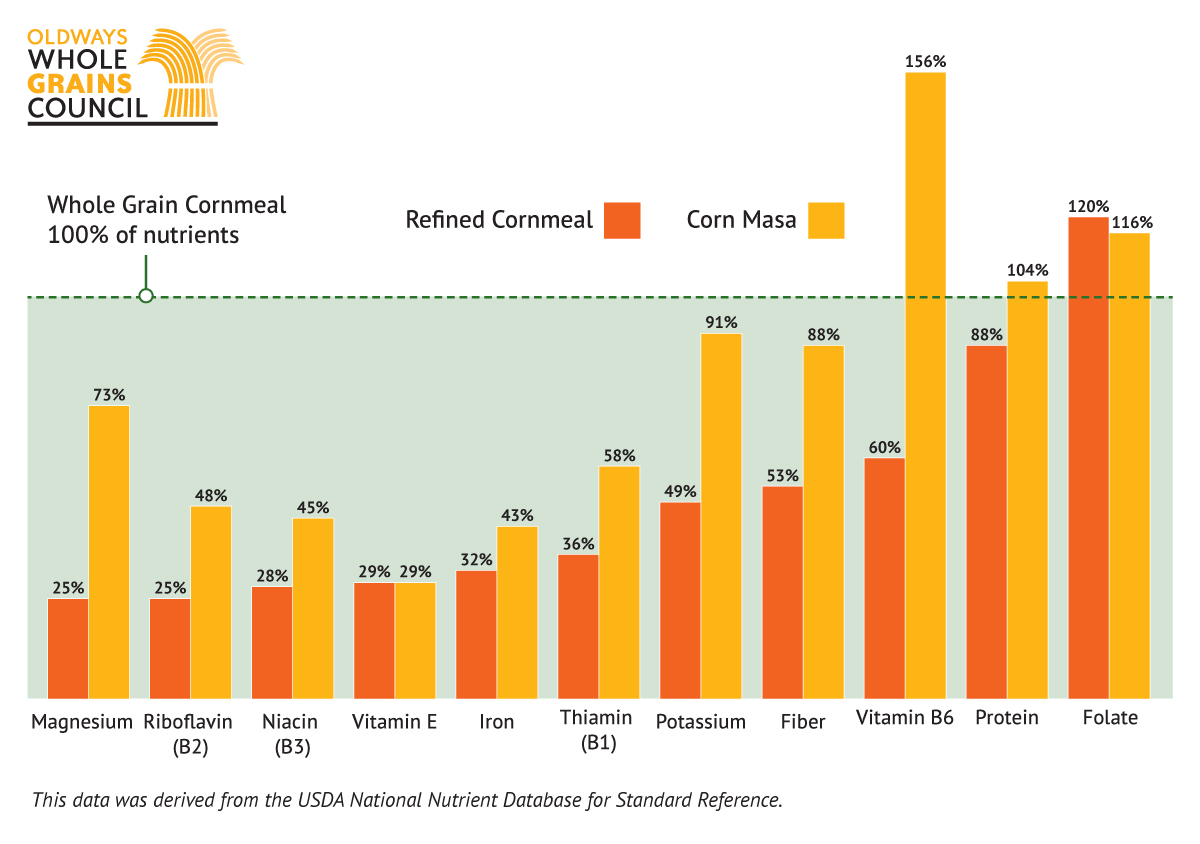Share This
USDA’s Food and Nutrition Service (FNS) released a recent memo with updates to whole grain-rich crediting in their Child Nutrition Programs, which makes new – and rather confusing – allowances for ingredients like refined corn flour and refined cornmeal. Specifically, FNS is now allowing refined cornmeal and refined corn flour (along with corn masa and hominy) to count as whole grain ingredients for the purpose of whole grain-rich qualification. After a move in December 2018 to significantly weaken whole grain requirements in school lunch and breakfast programs, it is extremely disappointing to see another shift away from maintaining whole grain standards that support children’s health. Allowing refined grains to be credited as though they were whole grains sends mixed signals to foodservice providers and manufacturers about how to formulate and serve whole grain products, and it sends contradictory messages to consumers as well.
The term “whole grain-rich” is defined in FNS guidelines as indicating that “the grain product contains at least 50 percent whole grains and the remaining grain content of the product must be enriched.” In other words, products that count as “100% whole grain-rich” must be at least 50% whole grain. However, with the release of this new memo, this is no longer necessarily the case. A product made with at least 50% refined grain corn flour and containing absolutely no whole grain ingredients at all could qualify as whole grain-rich, under the revised guidance released last month.
So, what is the nutritional difference between refined cornmeal and whole grain cornmeal, anyway? How significant are we talking?
Refined cornmeal has been stripped of half its fiber and loses 64-75% of its essential B vitamins thiamin (B1), riboflavin (B2), and niacin (B3). Similarly, it contains less than half the potassium, iron, and magnesium found in whole grain cornmeal. The graph below shows the differences between the nutritional profiles for whole grain cornmeal, corn masa (nixtamalized corn), and refined cornmeal:
Recognizing the significant differences between whole grain cornmeal/flour and its refined grain counterparts, the FDA has clearly excluded refined corn flour from counting as a whole grain ingredient on package labeling, stating:
The bran, germ and endosperm are integral parts of the kernel and should be present in the relative proportions as found in the kernel to be considered “whole grain.” Therefore, for corn flour or corn meal to be “whole grain” it should include the pericarp as well as the other essential fractions… Degerminated and bolted corn meals should not be considered whole grain products because germ or bran has been removed during processing.
In light of FNS’s recent memo, we want to assure our readers and our members that the Oldways Whole Grains Council remains committed to a definition of whole grains that is not watered down by the inclusion of select refined grain ingredients. We are not making any changes to our Whole Grain Stamp program or the qualifications a product must meet in order to display the Whole Grain Stamp on its packaging. The whole grain content displayed on our Stamp will continue to reflect only those ingredients that are actually whole! (Caroline)



Comments
Add a Comment